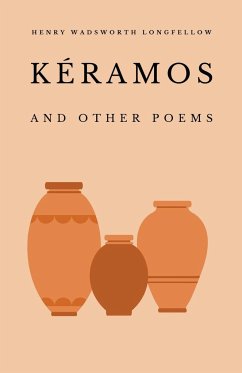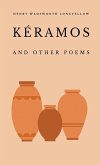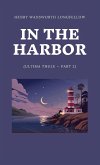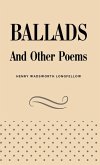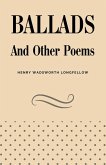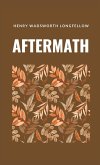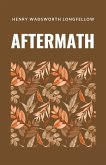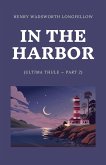Unique Element About the Author / Historical Context A COLLECTION OF POEMS by HENRY WADSWORTH LONGFELLOW. Kéramos and Other Poems, by AMERICAN author HENRY WADSWORTH LONGFELLOW (1807-1882) is a collection of poems first published in 1878 in the UNITED STATES. Longfellow wrote many lyric poems known for their musicality and often presenting stories of mythology and legend. He was among the most popular American poet of his day and had success overseas. This volume contains some original poems by Longfellow, as well as his translations of Virgil, Ovid, and others, including seven sonnets and one canzone by Michelangelo. Included among the poems in this collection are "The Leap of the Roushan Beg," the famous "Haroun Al Raschid" and the sequence "Birds of Passage: Flight the Fifth." "Art is the child of nature," wrote the American poet Henry Wadsworth Longfellow in his book of poetry, Kéramos and Other Poems. Sneak Peak Art is the child of Nature; yes, Her darling child, in whom we trace The features of the mother's face, Her aspect and her attitude, All her majestic loveliness Chastened and softened and subdued Into a more attractive grace, And with a human sense imbued. Title Details Originally published in 1878
Hinweis: Dieser Artikel kann nur an eine deutsche Lieferadresse ausgeliefert werden.
Hinweis: Dieser Artikel kann nur an eine deutsche Lieferadresse ausgeliefert werden.

